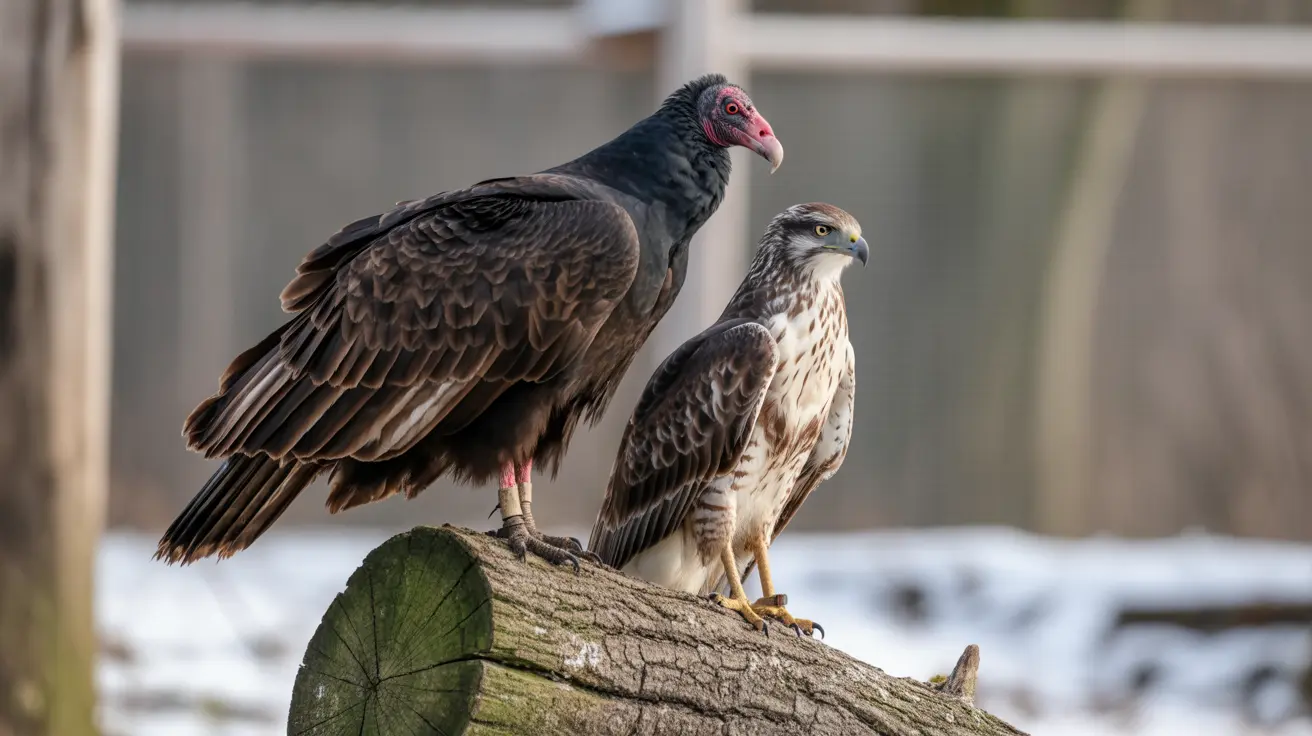Top Quiet Dog Breeds Perfect for Peaceful Homes
For individuals seeking a tranquil home environment, especially those living in apartments or shared housing, a quiet dog breed can make all the difference. While every dog has a voice and barks occasionally, some breeds are inherently more reserved and less vocal than others due to their temperaments or specific breeding purposes.
Why Some Dogs Bark Less
Barking is a natural behavior for dogs used to express needs, excitement, warnings, or distress. However, the frequency and intensity of barking can vary significantly by breed. Factors that contribute to a dog’s barking tendencies include:
- Breed history – Dogs bred for hunting, guarding, or herding may have been selected for certain vocal behaviors.
- Temperament – Calm and independent breeds tend to be less vocal.
- Environment and socialization – Well-socialized dogs with adequate stimulation are less likely to bark excessively.
Popular Quiet Dog Breeds
Here’s a detailed list of dog breeds known for being relatively quiet:
- Basenji: Known as the “barkless dog,” the Basenji produces a yodeling sound due to its unique vocal anatomy. Ideal for those wanting an exotic and quiet companion.
- Greyhound: Despite their athletic build and speed, Greyhounds are laid-back and rarely bark, preferring peace to noise.
- Whippet: Gentle and friendly, Whippets are reserved in their vocalization, making them a great fit for quiet households.
- Borzoi: Another sighthound, Borzois are known for their dignified and silent demeanor.
- Scottish Deerhound: With calm and undemanding personalities, these large hounds are unlikely to bark unless provoked by something significant.
- Saluki: This elegant hunting breed is reserved and usually quiet, making it a graceful companion.
- Bernese Mountain Dog: A gentle giant that barks only when necessary; affectionate and family-friendly.
- Newfoundland: Calm and sweet-tempered, Newfoundlands are known more for their size than their sound.
- Saint Bernard: Although large and protective, they are not frequent barkers and are generally calm indoors.
- Mastiff & Bullmastiff: Naturally quiet, these breeds are protective but usually vocalize only when genuinely needed.
- Akita: Though alert and brave, Akitas are typically quiet and bark sparingly, mainly in response to real threats.
- Chow Chow: Aloof and independent, they bark only when necessary due to their watchful nature.
- Shar-Pei: With their Zen-like personality, Shar-Peis are one of the calmest and most low-key dogs available.
- Cavalier King Charles Spaniel: Gentle and affectionate, this small breed is not prone to excessive barking, making them ideal lapdogs.
- French Bulldog: Known for their fun-loving, easygoing demeanor, French Bulldogs prefer human company and tend to vocalize very little.
- Bulldog: These laid-back pets are more likely to grunt or snort than bark, suiting apartment dwellers well.
- Pug: Pugs are more known for their snorts than their barks and are content as long as they're with their humans.
- Shih Tzu: Though alert to new sounds, Shih Tzus are generally low barkers and excel as companion dogs.
- Shiba Inu: Typically quiet, but known to emit a unique “shiba scream” when highly stressed or excited.
- Japanese Chin: Cat-like in personality, they are reserved and known for their peaceful nature and soft vocalization.
- Irish Setter: Not excessively vocal, this breed usually barks out of joy or while hunting.
Benefits of Quiet Dog Breeds
Choosing a quiet breed can offer specific lifestyle benefits, especially in environments where noise can cause conflict:
- Peaceful cohabitation in apartments or multi-unit buildings
- Reduced disturbance to neighbors, especially during work-from-home hours
- Easier training experiences as excessive barking can often become a behavior issue
Tips to Manage Dog Barking
Even among quiet breeds, every dog is an individual. To minimize disruptive barking:
- Ensure they receive adequate exercise and mental stimulation
- Invest in early socialization and obedience training
- Avoid leaving the dog alone for long periods to reduce boredom-related barking
The Right Match for Quiet Companionship
Researching and choosing a breed that suits your lifestyle, noise sensitivity, and living environment can lead to a far more enjoyable pet experience. While no breed is entirely silent, selecting ones with naturally low barking tendencies will create a more serene household.
If you are seeking a peaceful, low-maintenance canine companion, any of the breeds listed above could be an excellent choice.





